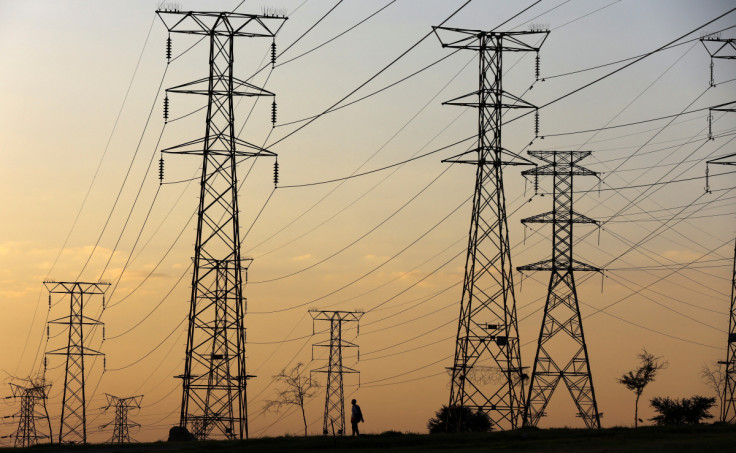Load Shedding, Bird Flu Impact Poultry Industry In South Africa

South Africans will soon witness a chicken shortage in a couple of months due to load shedding and bird flu outbreak.
Poultry processing company, Astral Foods, disclosed on Thursday that there might be a headline loss of 18.02 rand to 18.08 rand ($0.9564-$0.9596) per share this year, compared to last year's profile of 27.62 rand ($1.46).
The predicted loss has been reported due to load shedding in the country, impacting the process of the poultry industry. Amid the ongoing electricity crisis in South Africa, the poultry industry's operating cost has been increased and the bird flu outbreak added additional expenses.
"The bird flu has already caused short supplies of table eggs into the market, and it is expected that the supply of poultry meat into the value chain could be affected negatively in the coming months," the company said, AlJazeera reported.
It added, "The total costs of load shedding, including capital costs of 200 million rand [$10.6m], for the group for the financial year, will amount to approximately 1.9 billion rand [$100.8m]. This has been the main reason for the severe decline of Astral's results for the year ending 30 September 2023."
Electricity Minister Kgosientsho Ramokgopa, on the other hand, admitted that load shedding is an economic problem that needs to be resolved urgently.
"It's a structural constraint to the economy of the country and therefore it's indispensable to the resolution of the economic question in the country," he said on Thursday while hosting a Transmission Financing Seminar with the Johannesburg Stock Exchange (JSE), SA News reported.
The minister further admitted that there are communities and businesses running without electricity for about six years, noting that this is not an "exaggeration."
"As a result of the failure of the distribution infrastructure, I'm talking about transformers and substations, and this comes about as a result of municipalities being financially unviable," he said. "[This] is after we've gone to Cabinet [to present] the options that are available to us."
Ramokgopa assured that once the suggested options are adopted by the Cabinet, they will work on the distribution of electricity.
The electricity minister also referred to the 1998 White Paper on the Energy Policy, which clearly stated that "Eskom's present generation capacity surplus will be fully utilized by about 2007" and "timely steps will have to be taken to ensure that demand does not exceed available supply capacity and that appropriate strategies, including those with long lead times, are implemented in time."
Ramokgopa noted that South Africa ran into the problem due to negligence and now, if the country doesn't work on the transmission, then after six to 12 months, it will also become a major issue.
© Copyright 2026 IBTimes ZA. All rights reserved.





















